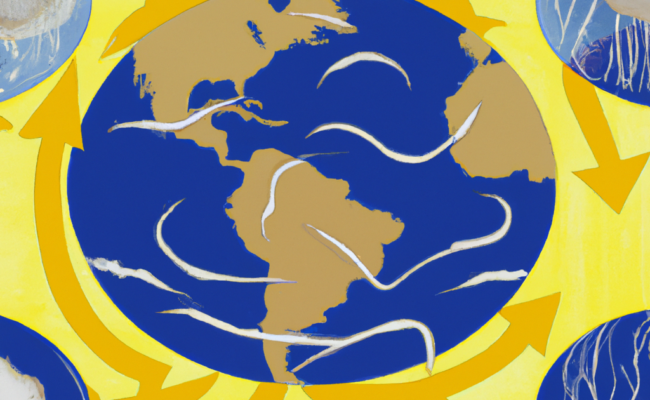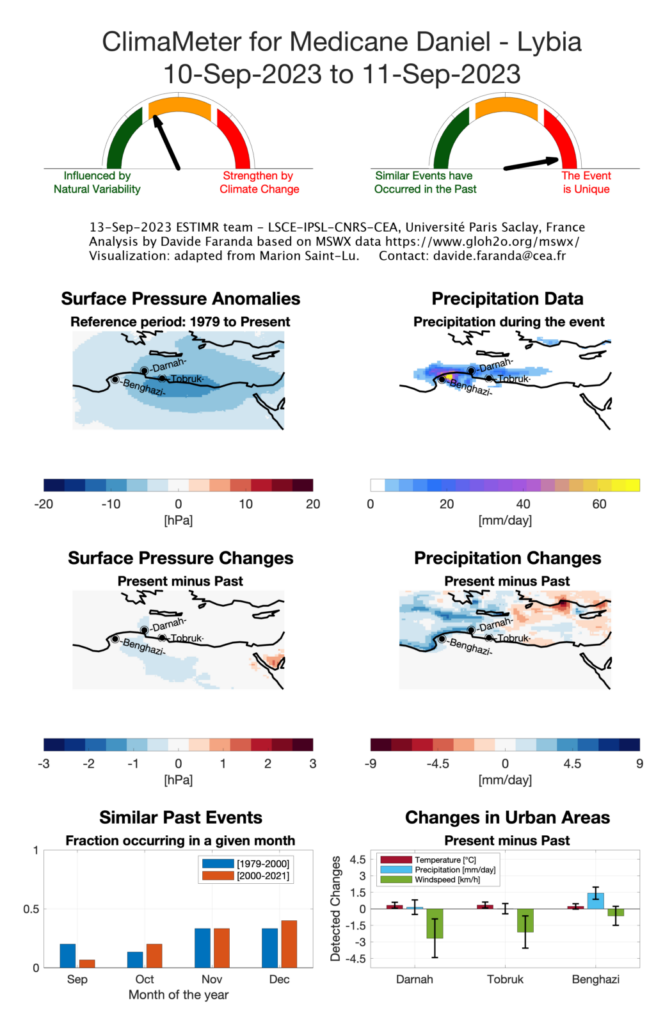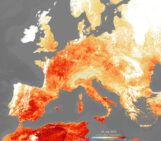
ClimaMeter offers a dynamic approach to contextualize and analyze weather extremes within a climate context. This framework provides both easily understandable immediate contextualization of extreme weather events as well as more in-depth technical analysis shortly after the events.
Methodology:
The foundation of ClimaMeter’s methodology lies in identifying weather conditions similar to those responsible for the extreme event of interest. Focusing on the satellite era since 1979, ClimaMeter dissects two distinct periods: the early decades (1979–2000, “past”) and the more recent decades (2001–2022, “present”). Utilizing data from MSWX, the framework evaluates how selected weather conditions have evolved between these periods, distinguishing between changes driven by natural climate variability and those attributed to anthropogenic climate change.
Key Aspects:
Rapid and Reproducible: ClimaMeter’s strength stems from its reliance on historical data rather than numerical model simulations. This makes the methodology swift and reproducible, enabling quick analysis and results dissemination.
Limitations and Challenges: The framework’s dependence on historical records can be limiting when extreme events arise from unprecedented weather scenarios. In such cases, ClimaMeter’s analysis might face constraints due to the absence of prior analogs.
Analyzed Events: ClimaMeter has already delved into prominent events like the French Heatwave of late August 2023, the Mediterranean heatwave of July 2023, and the July 2023 Storm Poly. These analyses provide valuable insights into the climate context of these impactful occurrences.
Further Exploration:
For comprehensive details on ClimaMeter’s methodology, refer to the peer-reviewed paper: “A climate-change attribution retrospective of some impactful weather extremes of 2021” by Faranda et al., published in Weather and Climate Dynamics (2022, 3, 1311–1340). This paper outlines the framework’s intricacies and findings, offering a deeper understanding of how ClimaMeter contributes to the field of climate attribution and extreme event analysis.
ClimaMeter presents an innovative approach to promptly and accurately attributing extreme weather events to natural variability or anthropogenic influence. By bridging the gap between immediate contextualization and technical analysis, this framework offers a new perspective on the complex interplay between climate and weather extremes. Climameter is an experimental framework developed by Davide Faranda at the Laboratoire des Sciences du Climat et de l’Environnement (Institut Pierre Simon Laplace) in Paris-Saclay, in collaboration with Erika Coppola (ICTP), Tommaso Alberti (INGV) and Gabriele Messori (University of Uppsala).




